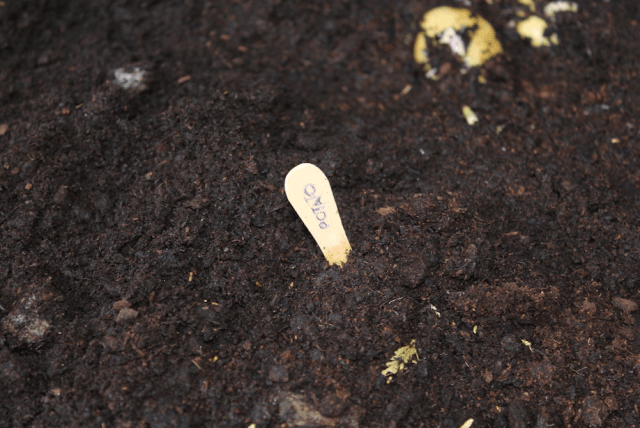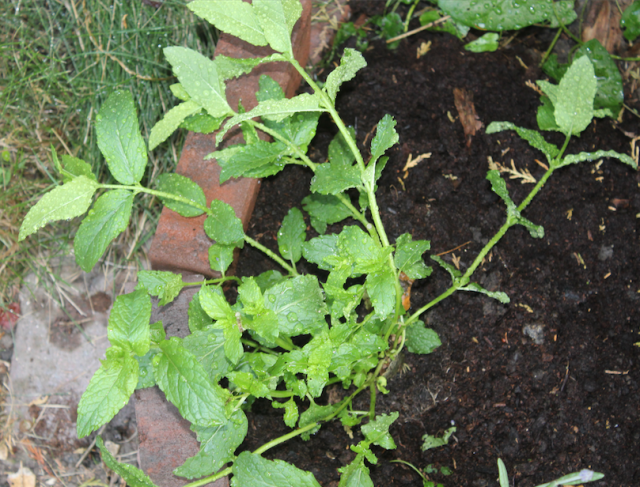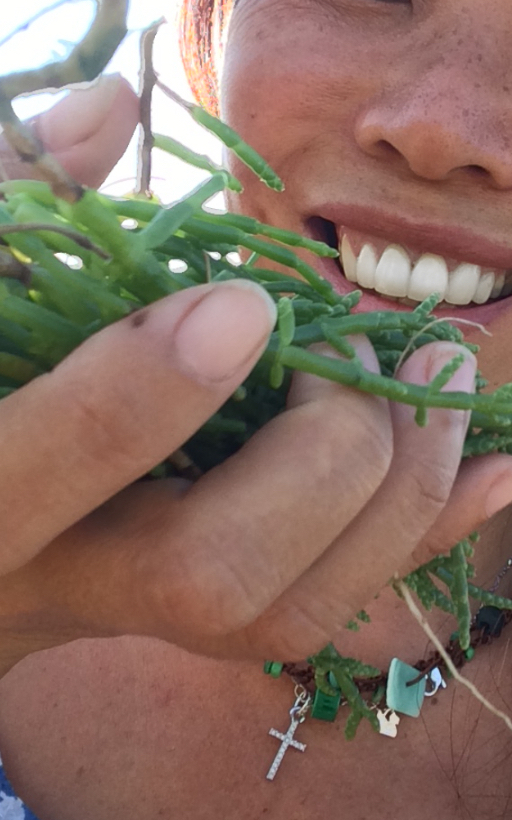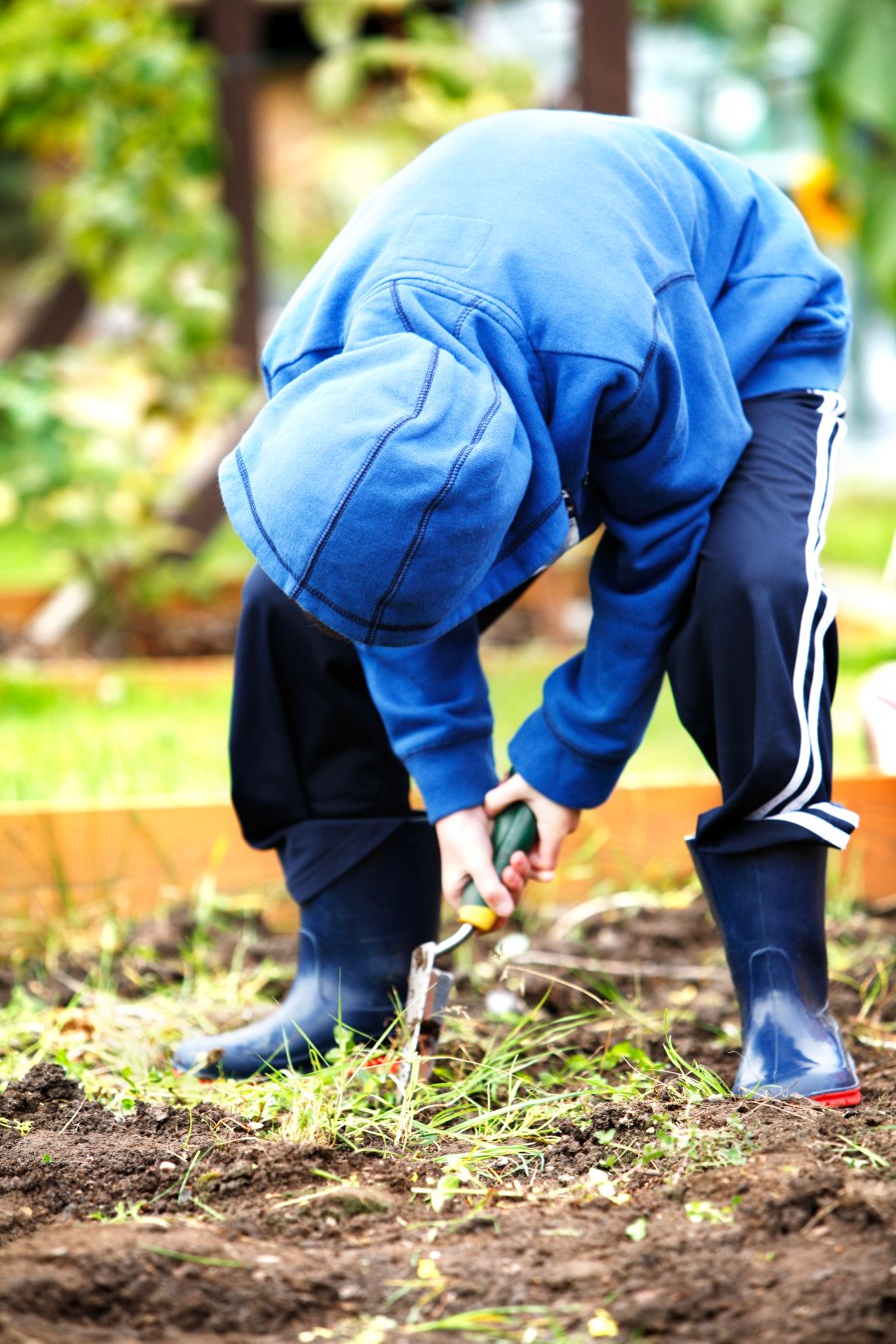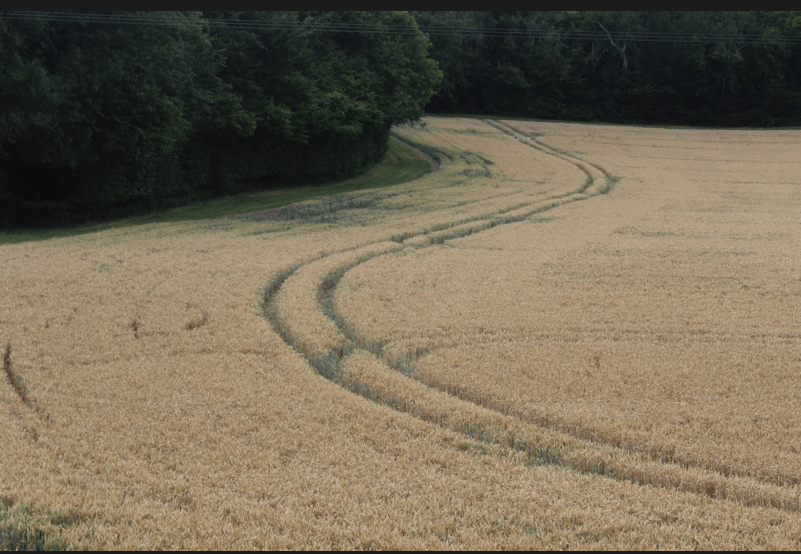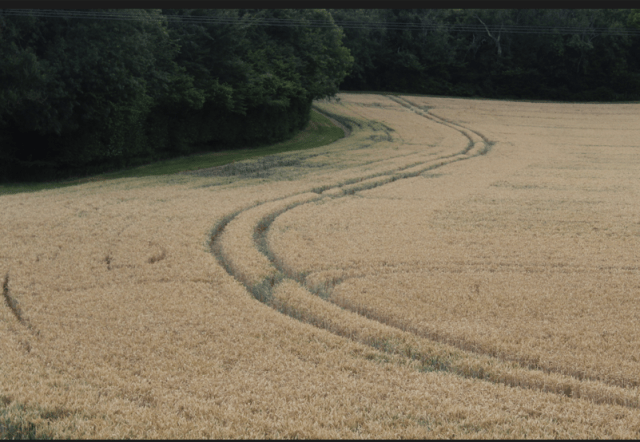Naw, I’m not really keen on gardening. Last year, I almost poisoned my whole family by mistaking my mum’s prized alum bulbs for garlic. I chopped a few up and she looked faint, as these babies were heritage bulbs from Royal Horticultural Society. Eegads.

Photo: the dreaded alums when they finished flowering.
But my mum is not letting me off that easily. She nabs me at opportune moments to do little gardening-related tasks for her that she hopes will awaken my belated love for gardening.

Now I have three little boys – very boisterous – who would prefer larking around by the sea (it’s such a beautiful summer) than “boring” gardening at home. It’s almost like a punishment, so to engage their interest, I told them that my niece Katie used to dig up the earthworms and ate them with gusto.
“Why is she still alive?” they demanded in disbelief.
And therein lies the reason why children MUST garden:
#1: To get them not to be afraid of the dirt and creepy crawlies.
Jumping on cowpats in wellies is a fun thing to do, I told them. My brothers and I used to do that with such glee, encouraged by our mother.
“Won’t the germs kill you?” the boys asked with narrowed eyes.
On the contrary – it is the lack of germs that might kill you. Getting dirty (good clean dirt) is all about strengthening the immune system, and no where can you get that more than in the garden (nature’s antibiotics). So ditch the hand sanitisers!
#2: It’s all about understanding nature
Children these days have become so distant from the source of life that some think that burgers come from supermarket shelves (not cows are pigs) and potatoes grow on trees like apples. What a shame that we are losing our roots, which is the foundation of our strengths, and several pieces of research have shown that estrangement from our roots is the cause of many modern malaises.
#3 It’s healthy to be outdoors (unless you live in a heavily polluted area)
Children are like plants: they need water, sunshine and fresh air.
They need to be outdoors, moving around barefoot on the grass, instead of hemmed in indoors (house, tuition centre, shopping malls) like poodles. And it’s educational too. Check out this BBC clip – it WILL convince you.
#4 Less fussy eaters
People often exclaim with surprise and envy that my kids eat so much salads and are happy chugging down green smoothies. Well, two factors. Firstly, they know that green stuff is good for you. Secondly, I make it interesting for them by mixing greens (that they pick themselves) with their favourites.
And if your kids grow edible herbs and veggies, they will find what the grow so tasty! (Container gardening is good enough if you don’t have a garden).
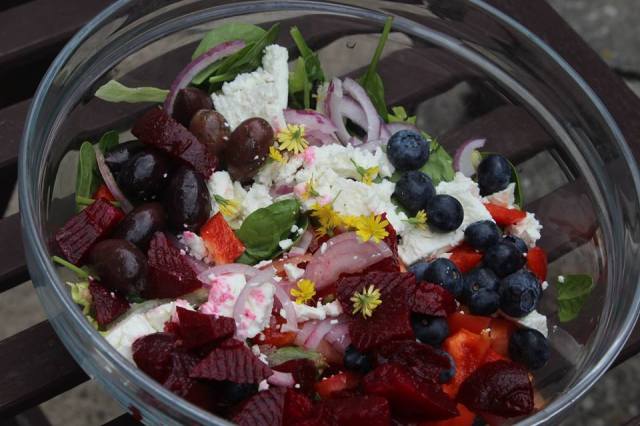
Photo: dandelion and buttercups from the backyard in the salad
#5 Respect time and nature
We have such poor relationship with time. We are either chasing it, trying to catch up, or we are dragging it behind us. Only few walk to the beat of time. I knew someone who lived in a different time zone from the real world: “Just a minute” was his unconscious often repeated mantra, and he never had time for anything real.
These little boys of mine, they harvested some beans (which they saved from a parched field) and wanted to grow them NOW.

But I told them they have to wait until May 2019, because it’s too late now to grow beans.
“Why?” They moaned collectively.
Because life beats to its own rhythm, and we best learn how to dance to it.
#6 Better relationship with your child
Gardening build closer bonds: shared afternoons together in the sun, without the distraction of iPads and smartphones, is a wonderful way to spend time together.
You can have a lot of deep conversation with your child when you are side-by-side digging or pulling out weeds. Because here’s the thing: there is no such thing as quality time as we cannot schedule for meaningful moments to happen. You get a lot out of your kids when you spend time together, just BE-ing.
OK, here are the efforts: potato patch (badly planted), mint (from the supermarket vegetable section) and scraggly lavender. Good start anyway, thumbs up x
